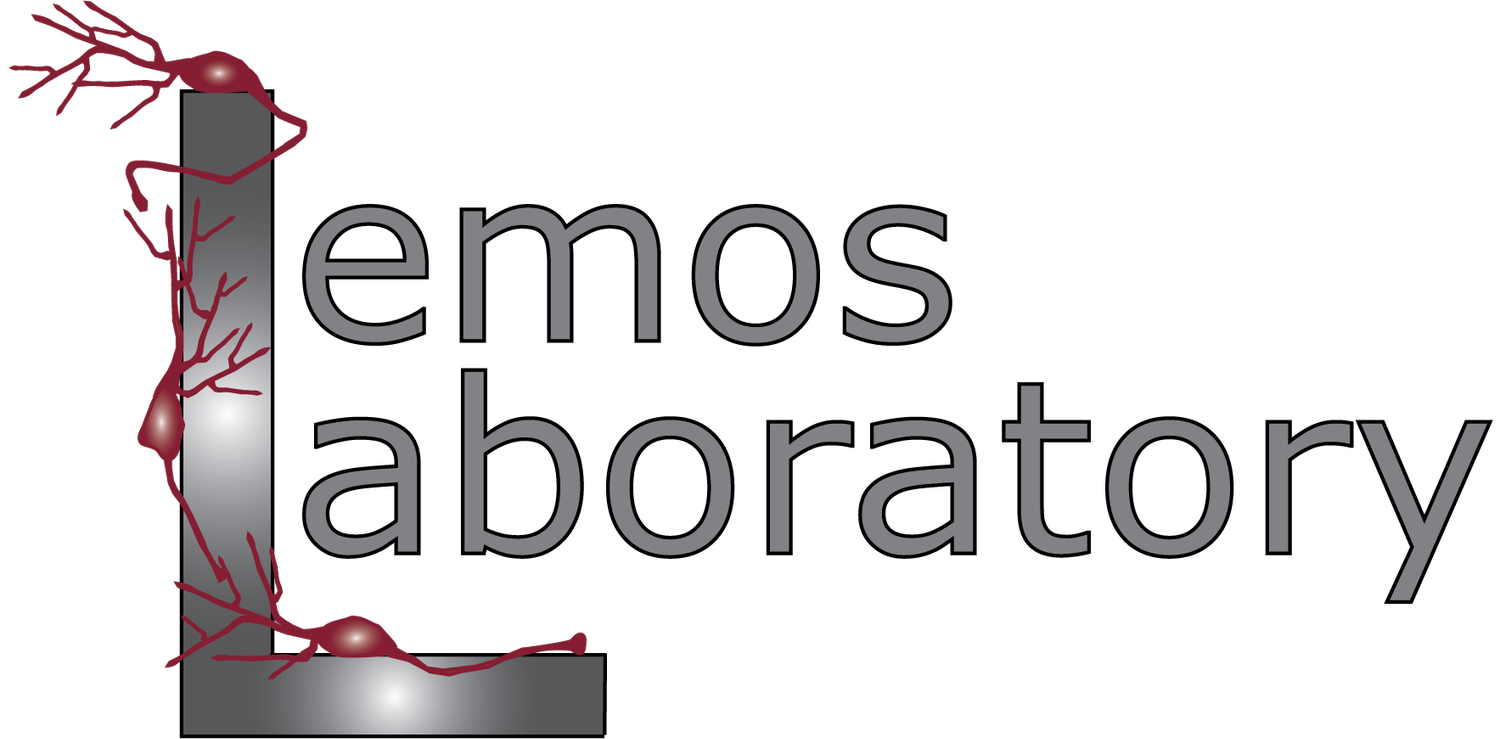Advising statement
I have been incredibly fortunate to have many supportive mentors who have facilitated my scientific growth and career advancement. As such, I have learned that a good mentor must a) challenge and motivate students to grow scientifically b) support and encourage students in times of struggle and c) acknowledge and promote students both within the lab and to the broader scientific community. I have strived to put these tenets into practice in the course of mentoring several undergraduates, post-baccalaureate research assistants, graduate students and post-doctoral fellows. As a result, trainees in my laboratory are able to contribute to and lead multi-disciplinary studies that help them grow and achieve their future goals. What I learned through these experiences is that it is important to empower someone to be successful, which means not only training and guiding them intellectually and technically but also allowing some latitude and space to learn how to run an experiment independently and yes, make mistakes.
One of my primary roles as a mentor is to act as the chief facilitator. Now, more than ever, training in neuroscience must integrate knowledge and expertise from an even larger pool of biological, mathematical and engineering disciplines. I can point my students in the right directions and to the right places to improve and propel the lab forward in order to do the best science possible. In addition to scientific training, students and post-doctoral fellows will be trained in scientific communication – improving their ability to interact with members of a broad range of scientific disciplines as well as the general public. This skill is key to success in any science career track and yet, is often not given enough attention. Students will be encouraged to present their work in a number of forums, and writing skills will be consciously developed. Finally, I am especially committed, and feel it is my responsibility, to act as a model, advocate and champion for women and underrepresented minorities who want to pursue a career in neuroscience. I strongly believe diversity of thought, life experience and research style only benefits scientific progress.
Ultimately, I want to be judged not only for my scientific contributions – the studies I lead to answer the questions of today – but also for the scientists, policy makers, writers and entrepreneurs that I train to answer the questions of tomorrow. That is why I am dedicated to being an effective mentor as well as an innovative and thorough scientist.
